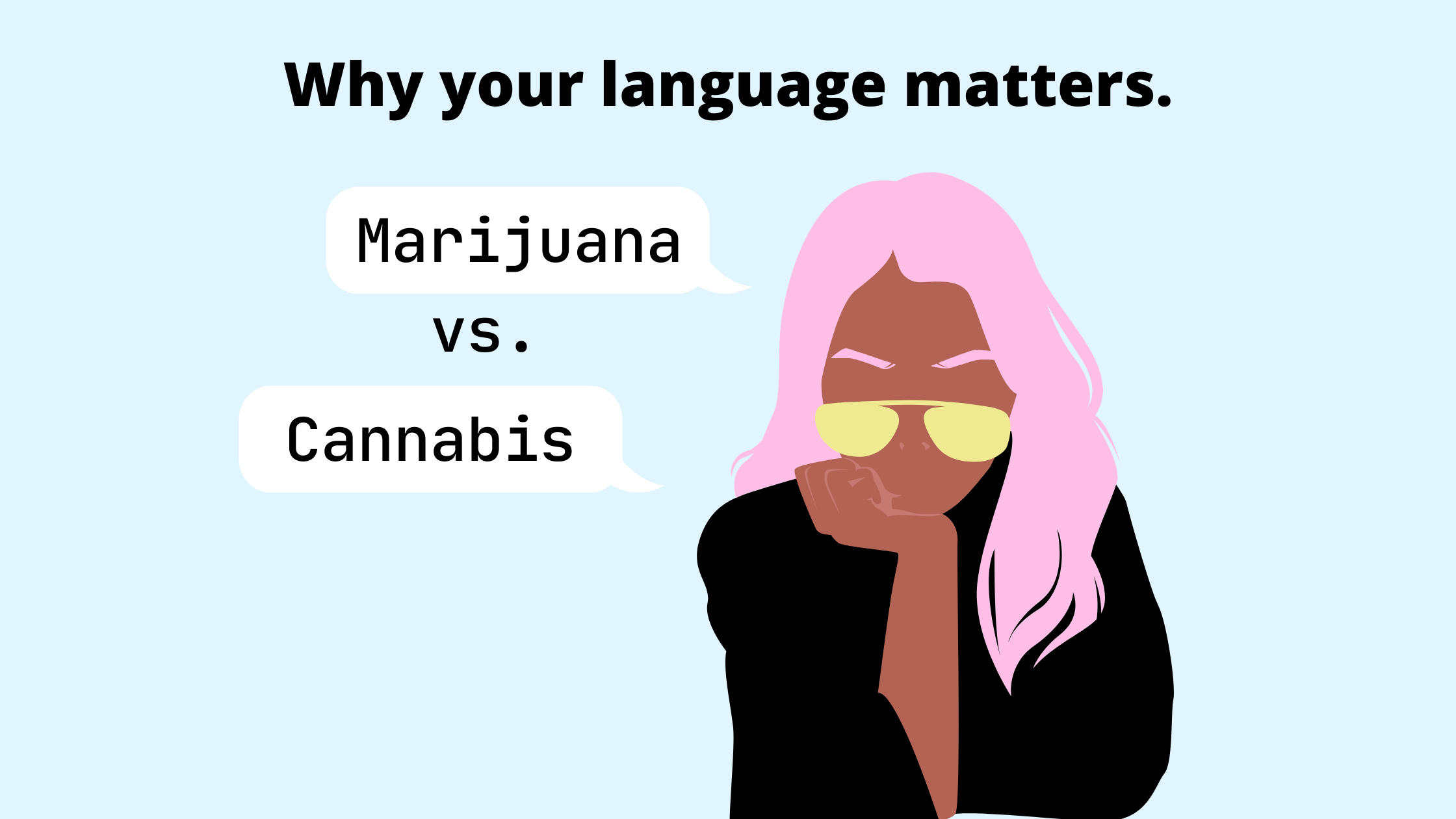
As diversity continues to lack within the cannabis industry, the Emerald is in search of ways to not only promote minority-run businesses, but further educate our readers on racism within the history of the plant we all know and love.
This time, we’re delving into the origins of the word “marijuana,” and why some industry advocates are pushing to use the term “cannabis” instead.
In the Early 1900s…
Beginning in 1910, the Mexican Revolution ended dictatorship and established a constitutional republic. Many revolutionary groups participated in the long and costly conflict, leading to reform like the Constitution of 1917.
However, economic instability and continued political unrest following the revolution led to a wave of immigration into the U.S. Many were in search of work, seeking opportunities in mining and in American agribusinesses.
According to the Library of Congress (LOC), the number of Mexican immigrants counted by the U.S. census tripled from 200,000 to 600,000 between the years 1910 and 1930.
The Term’s Origins
At the start of the 20th century and before this wave of immigration, there was no direct federal regulation of drugs or other consumer products in the U.S.
In fact, beverages such as Coca-Cola contained cocaine, and heroin was sold as an over-the-counter medicine.
While the exact origins of cannabis itself continue to be debated by scholars, we do know that Mexican immigrants brought with them the practice of smoking “marihuana” (or it’s English translation, “marijuana”) recreationally.
Thus, recreational use became associated with Mexican immigrants, as well as the culture and music of the time (even Louis Armstrong was an early advocate).
This is when more headlines about the dangers of the drug, and attempts at prohibition began to appear.
In 1937…
In 1937, following the wave of immigration, the notoriously racist and anti-cannabis U.S. Narcotics Commissioner, Harry Ainslinger, spearheaded The Marihuana Tax Act to impose tax on the sale of cannabis.
While the act was not created to criminalize possession itself, it did include penalty and enforcement provisions in which violators could face a $2,000 fine and five years’ in prison, according to the Schaffer Library of Drug Policy.
Further, the law built upon the nation’s negative attitude toward the plant through propaganda, prejudice, and power.
Ainslinger cited “marijuana” as a dangerous, addictive, and violence-inducing drug for “Negroes, Hispanics, Filipinos and entertainers,” to congressional leaders.
“Marijuana is the most violence-causing drug in the history of mankind. There are 100,000 total marijuana smokers in the US, and most marijuana smokers are Negroes, Hispanics, Filipinos and entertainers. Their satanic music, jazz and swing, results from marijuana usage.” — Harry Ainslinger to Congress, 1937
According to the Oxford English Dictionary, it wasn’t until this time that the word “marijuana” began replacing language like “hemp” and “cannabis” as a way to falsely claim the plant’s exotic nature and taint on white America.
Amid the Propaganda of the 1920s and 30s…
Amid the anti-cannabis propaganda of the 1920s and 30s, narcotics agents also chose to begin using “marijuana” rather than the plant’s scientific term, cannabis.
Today, law enforcement continues to cling to the idea that cannabis is one of the most harmful drugs in the nation, scheduled by the DEA alongside heroin, LSD, and ecstasy.
And on top of someone being arrested every 36 seconds for cannabis possession in the U.S., Black communities are facing arrests at 3.73 times the rate of whites, reports American Civil Liberties Union (ACLU).
Ultimately, terminology is a choice. It’s up to marginalized communities themselves to decide what words are to be avoided, and the term “marijuana” is often embraced by the Latinx community.
However, as a symbol of past and present oppression, many industry advocates view “marijuana” as the language of white supremacy and encourage the use of the plant’s scientific name, cannabis.
Hemp Cigarettes Could Be The Key To Fighting Nicotine Addiction


Rita T!